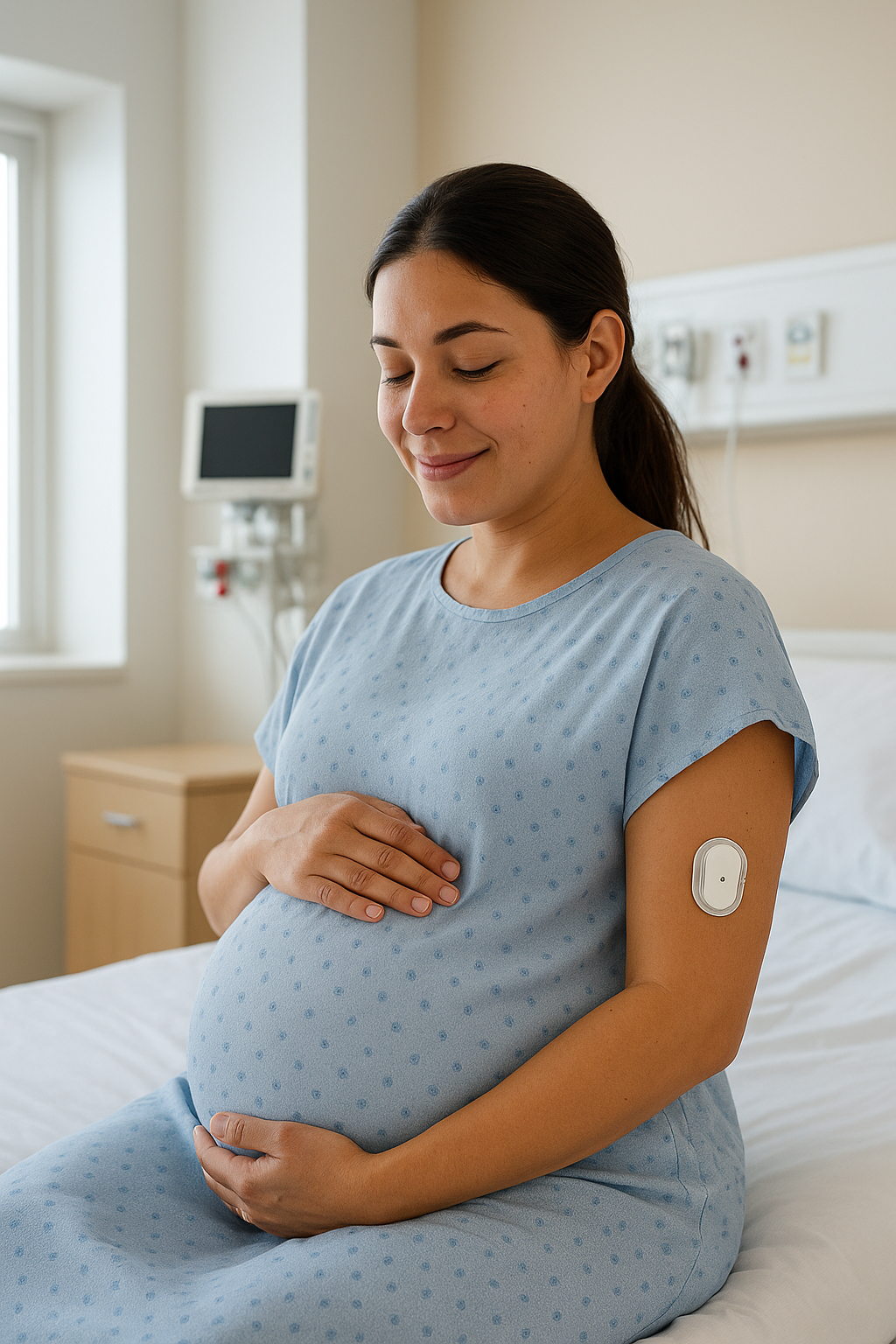NHS Launches Groundbreaking ‘Artificial Pancreas’ for Pregnant Women with Type 1 Diabetes

The NHS is rolling out a next-generation, pregnancy-specific “artificial pancreas” to thousands of women in England living with type 1 diabetes, aiming to improve health outcomes for both mothers and babies. This innovative hybrid closed loop system helps women manage blood glucose levels more effectively during pregnancy, reducing the risk of complications such as miscarriage, stillbirth, birth injuries, and neonatal intensive care admissions.
Under this first-of-its-kind initiative, NHS local healthcare systems are providing pregnant women—or those planning pregnancy—with an advanced insulin delivery system that integrates a continuous glucose monitor, an insulin pump, and a sophisticated mobile app algorithm. Unlike standard hybrid closed loop systems, the pregnancy-specific version allows users to set glucose targets tailored to the lower ranges recommended during pregnancy, ensuring optimal maternal and fetal health.
NHS data shows that around 2,000 women in England with type 1 diabetes become pregnant each year. Pregnancy hormones often make it harder to control blood sugar levels, putting both mother and baby at risk. The new technology continuously monitors glucose levels and delivers precise insulin doses automatically, eliminating the need for constant finger-prick testing and manual injections. Remote monitoring by NHS diabetes teams further reduces the need for frequent hospital visits, offering peace of mind and convenience.
More than 600 women have already benefited from the first phase of the rollout, supported by NHS diabetes specialist midwives and diabetologists. Kate Brintworth, Chief Midwifery Officer for England, said:
“This life-changing technology transforms the pregnancy experience for women with type 1 diabetes. Effective blood glucose management before and during pregnancy significantly reduces the risk of poor maternity outcomes, helping mums-to-be enjoy a safer, less stressful, and more rewarding pregnancy.”
One mother, Nina Willer, a Diabetes Specialist Midwife from Norwich, has experienced the benefits firsthand. During her second pregnancy, Nina used the pregnancy-specific hybrid closed loop system and noticed immediate improvements in glucose stability, restful nights, and overall well-being. Her daughter was born healthy at 36 weeks, and the family was home within 24 hours. Nina said:
“This new generation ‘artificial pancreas’ is a gamechanger. It not only improves glucose levels but also eases the mental and physical burden of managing type 1 diabetes during pregnancy. The NHS rollout ensures that more women can have a safer and healthier pregnancy.”
The rollout forms part of NHS England’s Saving Babies’ Lives Care Bundle (Version 3), designed to reduce stillbirths, preterm births, and birth-related brain injuries. NHS England has allocated £3.7 million to support the rollout for pregnant women, part of a wider £60 million fund to make hybrid closed loop technology available to more patients with type 1 diabetes.
Partha Kar, Type 1 Diabetes Technology Lead at NHS England, emphasized:
“This technology is helping pregnant women and those planning pregnancy live healthier lives, improving maternal outcomes, reducing serious health complications, and making care simpler and more personalised.”
Health charities, including Tommy’s and Diabetes UK, have welcomed the initiative, highlighting the importance of equitable access to advanced diabetes technology for pregnant women.
With this rollout, the NHS is taking a major step forward in maternal and fetal health, using cutting-edge diabetes technology to protect the wellbeing of both mothers and their babies.

